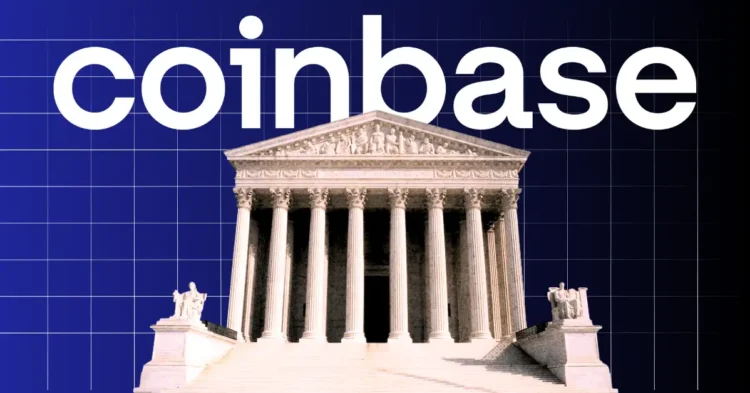Coinbase has made a significant move in its ongoing legal dispute with the U.S. Securities and Exchange Commission (SEC) by filing a motion for partial summary judgment. This legal confrontation stems from the SEC’s refusal to honor requests submitted under the Freedom of Information Act (FOIA) by History Associates, a firm engaged by Coinbase to gain clarity on the SEC’s stance regarding digital assets. The motion, filed in a Washington, D.C. court, seeks a judicial ruling in favor of Coinbase, granting access to the documents in question.
Context of the Legal Dispute
The conflict between Coinbase and U.S. regulatory authorities, including the SEC and the Federal Deposit Insurance Corporation (FDIC), traces back to 2023. Both agencies denied Coinbase’s FOIA requests, invoking one or more of the nine legal exemptions provided under the FOIA. According to Coinbase’s legal representatives, the SEC has been consistently obstructing efforts to obtain these documents through FOIA requests. The agency is reportedly asking for a three-year period to determine whether the documents can be released.
The Importance of the Requested Documents
Coinbase contends that the documents are crucial for gaining insights into how the SEC applies securities laws to cryptocurrency companies. The absence of clear guidelines on which tokens may be classified as securities has left the industry in a state of uncertainty. By obtaining these documents, Coinbase aims to better understand the regulatory landscape and ensure compliance with securities laws.
Frustration Expressed by Coinbase’s Chief Legal Officer
Paul Grewal, Coinbase’s Chief Legal Officer, has openly expressed frustration with the SEC’s handling of the FOIA requests. He noted that the SEC initially claimed the documents were exempt from disclosure under FOIA. However, the agency later suggested that the exemption “may” no longer apply, yet refused to provide a definitive answer. Grewal has urged the court to put an end to the delays, emphasizing that the information sought is of public interest, not merely a matter for the SEC.
“Over a year ago, we made FOIA requests focused on files related to ETH 2.0 and other matters that belong to all of us, not just the SEC,” Grewal stated. “We then initiated legal action to break the stalemate, only to encounter a completely new set of excuses. The SEC’s constantly evolving narrative raises questions—what is the SEC hiding, and why?”
Conclusion: The Road Ahead
As the legal battle between Coinbase and the SEC unfolds, the outcome of this motion for partial summary judgment could have far-reaching implications for the cryptocurrency industry. The resolution of this case may provide much-needed clarity on the regulatory treatment of digital assets, potentially shaping the future of how cryptocurrencies are classified and governed in the United States.











